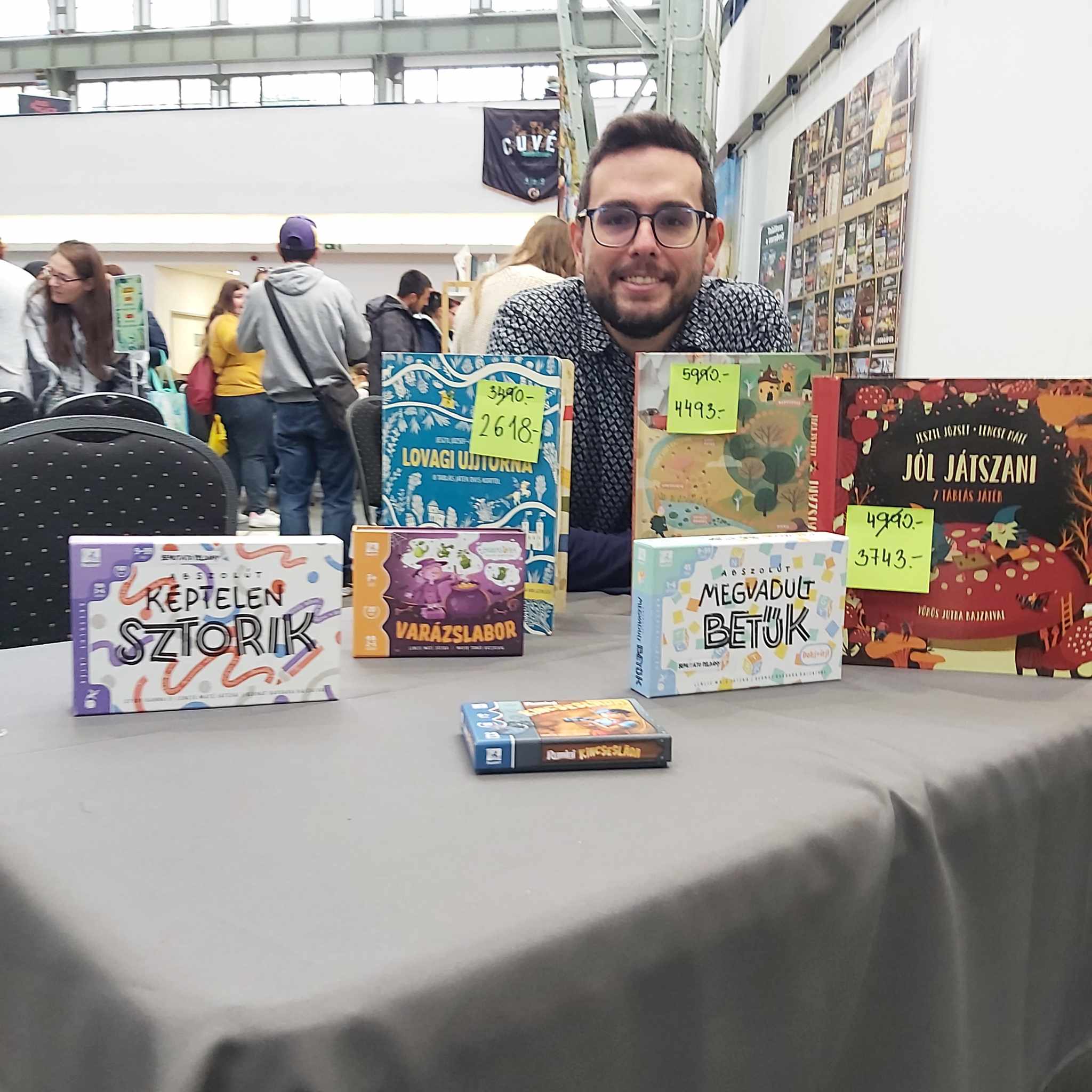Quick Guide to Explaining Game Rules
This article offers insights on how to effectively explain board game rules, emphasizing audience understanding, strategic presentation of game objectives, and the importance of storytelling for an engaging learning experience.
We can only explain rules if we know them precisely. Always read the **rules**, twice if possible. This is still important even if we've played the game before because someone taught us, but we haven't yet read **the rulebook** ourselves. While reading, set up the initial game state, interpret what you've read, and if possible, test the game in a safe environment where it's okay to make mistakes, search, and stumble. After that, prepare for the explanation: create examples, search forums, read up on ambiguous points, and finally, read the rules again.

Next, think about whom you are going to explain to and identify the target audience. This helps determine the language, pace, and attitude. You need to be familiar with the venue and the possibilities. We don't teach everything in the same way to everyone and everywhere; game rules are no exception.
When introducing **the game**, it's a good idea to start with the backstory or theme of the game – there's no such thing for abstract games, but if the audience requires it, a story can be created. This often helps understanding and even more so remembering the rules. How deep we go into the story largely depends on the players, for instance, how much it motivates them, and also on ourselves, as everyone needs style, so the story might be more or less important to each individual.
Next comes the presentation of the game's objective, meaning what needs to be achieved, when it ends, and how one can win. Everything we say about the game relates to this, so it's most crucial to clarify this at the outset.
**Explaining the game rules** without the game components is quite tricky. So, it's worthwhile to lay out the components in front of the future players from the beginning and introduce them after presenting the game's objective. Game boards, tokens, markers, etc., all have their unique functions, and superficial knowledge of them from the start aids the understanding of the rules. Setting up the initial game state is also vital as it gives the participants tasks, making them feel less passive.
Máté's note:
During my board game pedagogy courses, whenever we touch on this topic, I always ask: who enjoys explaining rules? Hardly anyone raises their hand. My next question is: who's good at it? Here, I usually see a few more hands. So, this is clearly a "not my favorite" part for most people—yet it's absolutely essential for board gaming. There's no other way around it: practice, and more practice. I usually use two games for this, because even though they seem simple, they are surprisingly difficult to explain well: [Blue Banana](https://boardgamegeek.com/boardgame/288424/blue-banana) and [Set](https://boardgamegeek.com/boardgame/1198/set). Would you be up for the challenge?
Only after this do we delve into **explaining the game's mechanics**. It's beneficial to follow the structure of the official rules; well-made editions emphasize this. However, always be critical and be prepared to make changes if needed. The key is to have a plan in mind on how to present the gameplay, as jumping around randomly doesn't help. Ensure that our terminology is clear, that each term consistently means the same thing (e.g., round/turn). While introducing the gameplay, show where decisions need to be made and the available options. We might be tempted to sketch out strategies, but we must resist that. Our sole goal is to teach the game, not to give away solutions or deprive anyone of discovering new situations.
It can be helpful to illustrate our explanations with examples, but it's hard to improvise these, so it's best to plan them in advance.
Once everything is explained, it's a good idea to recap the main points, the novelties, the special features, and at the end, allow time for questions.
Before the game starts, but after explaining the rules, it might be worth revisiting general rules, as a new game doesn't overwrite those.
Finally, the game itself can begin. Prepare for the first game to be a bit rocky, with many questions and uncertainties. Players will need support. They need to understand that it's tough to play well for the first time. It's better to quickly get through a round that gives a full picture of the board game, and then the next game can begin.
_(This text has previously appeared in Hungarian on pages 52-55 of the book '[Board Game Pedagogy](https://mek.oszk.hu/18800/18806/)' by József Jesztl and Máté Lencse.)_
